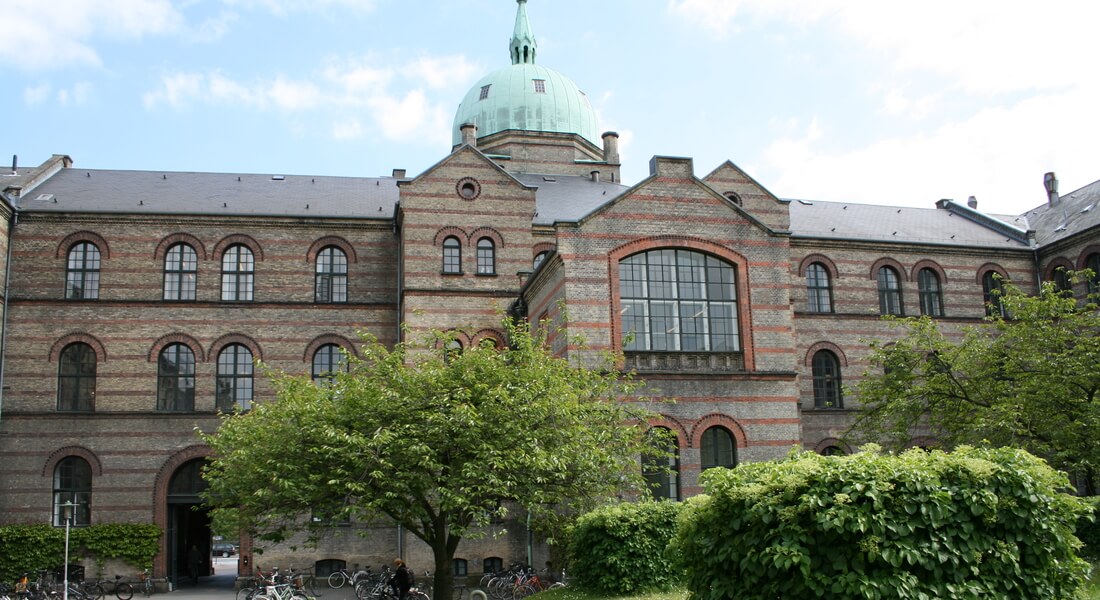Ida Vandsøe Madsen defends her PhD thesis at the Department of Anthropology

Candidate
Ida Vandsøe Madsen, Department of Anthropology, University of Copenhagen.
Title
Imaginal Worldbuilding: Dementia and Family Caregiving in Pandemic Denmark
Supervisors
- Professor Tine Gammeltoft, University of Copenhagen
Co-supervisor
- Professor Nete Schwennesen, Roskilde University
Committee
- Associate Professor Hanne Overgaard Mogensen, University of Copenhagen
- Professor Emerita Cheryl Mattingly, University of California
- Associate Professor Annemarie Samuels, University of Leiden
Time and Place
Tuesday the 8th of October 2024, 2 PM
University of Copenhagen, City Campus CSS 35.3.12
Øster Farimagsgade 5
1353 Copenhagen K
Reception:
After the defense, the Department will host a reception at Glasssalen, building 26.
Zoom
Topic: Ida Vandsøe Madsen's PhD Defense
Time: Oct 8, 2024 02:00 PM Copenhagen
Meeting ID: 688 7722 3033
Passcode: 588646
Summary
In this article-based PhD dissertation, I explore how the relatives of people with dementia in Danish care homes manage to keep on caring in a demanding situation of multiple contingencies: complex and constantly changing dementia symptoms, the exhaustion following the recent reorganization of the Danish care infrastructure characterized by the inclusion of relatives in state-financed care and, the challenges of caring for a person with dementia across a distance during the COVID-19 lockdowns. This dissertation thus contributes an analysis of two themes that are becoming increasingly relevant in Denmark and beyond: dementia care, and the inclusion of relatives in care. I conducted ten months of ethnographic fieldwork in 2020-2021 at the height of the COVID-19 pandemic, so insights were mainly acquired through sound during telephone and video call conversations with family caregivers.
The overall argument of the dissertation is that the relatives of people with dementia manage to keep on caring in a demanding situation of multiple contingencies by building alternative worlds by means of mental images - or what I term imaginal worldbuilding - and that studying this requires methodological developments that can capture such images. I unfold this in three academic article manuscripts. Article I: Imaginal Worldbuilding explores how family caregivers endure exhaustion by building potentialities for alternative worlds of care by means of mental images of what they think dementia care should be like. These are images of families caring jointly and the state taking a more active caregiver’s role. Article II: Poiesis of Care deals with how relatives cared for people with dementia from a distance during COVID-19 lockdowns. The article examines the use of communication technologies (telephones and tablets) and argues that relatives care by evoking mental images of memories and of life outside the care home for people with dementia, and of life inside the care home for themselves. It thus demonstrates the relevance of exploring care as connecting to the world in a broader sense beyond maintaining relationships, with which the literature on caring across distances has mainly been concerned. Article III: Sonic Signatures illuminates how it is possible to identify the mental images of Article I and II through sound and ethnographic listening. This is made possible by drawing on the notion of signatures from cognitive disability studies into the general anthropological methodological repertoire to explore individual nuances and the sounds that can draw attention to interlocutors' images of worlds beyond the here and now. Finally, the dissertation takes its point of departure in the emic metaphor of mooring poles, arguing that alternative worlds of care are built through images that open up the potentialities for change, but also have an anchoring effect in a context of multiple contingencies.
